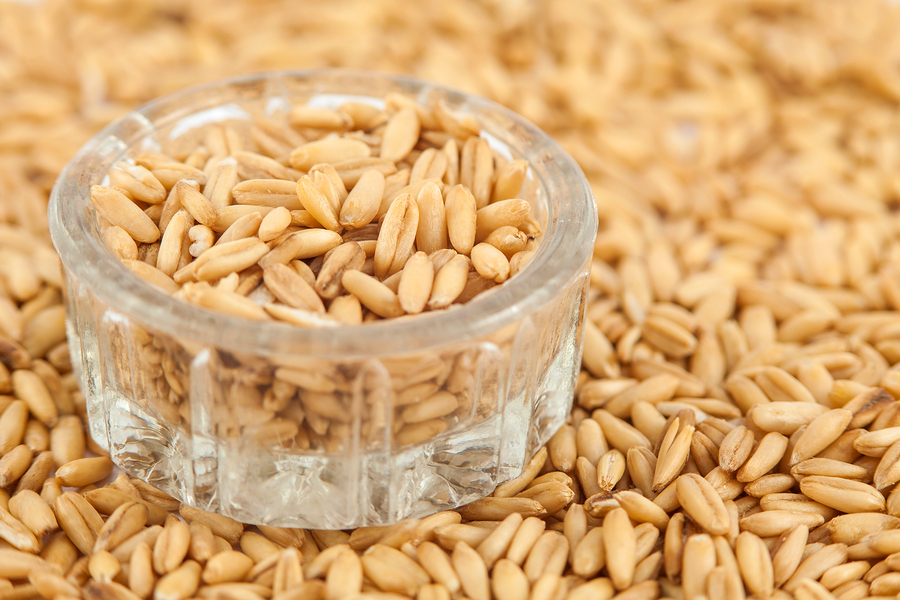Wild oat (Avena sativa) is far more than a common breakfast cereal or baking staple. Oats are members of special medicinal herb group called nervines. For more than 150 years, traditional medicine practitioners have used nervines, such as Wild Oat, to quell anxiety, reduce stress, support healthy sleep, enhance cognitive function, and settle digestive stress.
As a tonic, Wild Oat extract is considered trophorestorative, meaning it can help return form and function to a particular organ by helping the body “remember” balance and optimal function (e.g., invigorating function when an organ is sluggish or reducing activity when an organ is overworked). Wild Oat is a slow acting remedy that helps calm the nerves, bring relief to emotional instability, and restore a sense of tranquility. It has been a part of holistic treatment for Chronic Fatigue Immune Deficiency Syndrome, PMS, panic and anxiety, hyper-reactivity, and for people who are persistently “on edge.”
Commonly used in tincture form, Wild Oat extract is a safe, gentle way to support nervous system health and restoration without the drowsiness associated with sedatives. It can also be prepared as an herbal infusion for tea. Preparation involves steeping in hot water until beverage has cooled to room temperature before drinking. A holistic practitioner can advise you on the specific amount of tincture or infusion that is ideal for your needs. If someone is gluten sensitive or has celiac disease, Wild Oat must be derived from a gluten-free source.
References
- Winston, D. “Nervines: Complementary Herbs for Adaptogens.” Accessed 2 Nov 2017: https://www.herbaltherapeutics.net/_media/nervines.pdf (Main Site: https://www.herbaltherapeutics.net)
- Red Root Mountain School of Botanical Medicine. Accessed 2 Nov 2017: http://www.redrootmountain.com/relieving-stress-part-i-nervine-tonics-for-a-new-year/277
- Kennedy, D.O., Jackson, P.A., et al., “Acute effects of a wild green-oat (Avena sativa) extract on cognitive function in middle-aged adults: A double-blind, placebo-controlled, within-subjects trial.” Nutri Neurosci (2017) 20:2. Accessed 2 Nov 2017: http://www.tandfonline.com/action/showCitFormats?doi=10.1080%2F1028415X.2015.1101304

